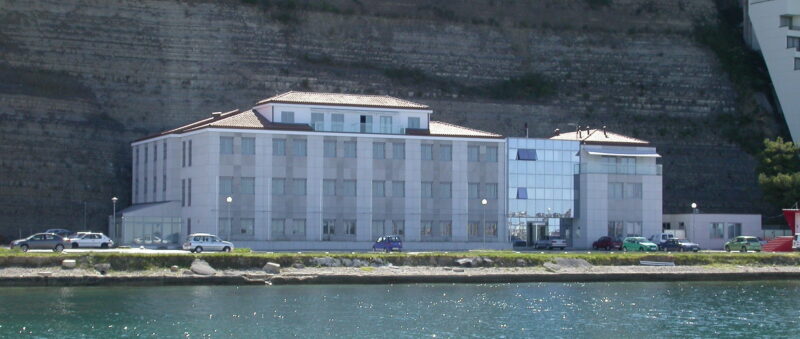
When the Slovenian Consortium, LifeWatch-SI, was established in 2015, the National Institute of Biology (NIB) was a founding partner, but marine research and monitoring of seawater quality operations at the NIB’s Marine Biology Station Piran began a long time before that. Indeed, in 2019, the interdisciplinary marine station is celebrating 50 years of physical, chemical and biological oceanography. The Marine Biological Station (MBS) was founded in 1969 by a small group of enthusiastic researchers and the very first premises were in small house located in coastal city Portorož. Today it is one of the largest departments within the National Institute of Biology, a truly trans-disciplinary, vibrant and modern marine station. From the very beginning, research work was focused on ecological research and the consequences of anthropogenic impact in the coastal sea. Now that LifeWatch ERIC plays a key role in data management, historical records can be updated and analysed to deliver the ultimate in biodiversity and ecosystem research. Modern approaches to biology in the widest sense, spanning disciplines that include microbial and phytoplankton ecology, and geochemistry, provide scientific knowledge and solutions on current issues for the benefit of society and stakeholders. The unique environment of the Northern Adriatic Sea and its rapid changes demand constant monitoring and efficient observation systems, in which a crucial part is covered by the “Vida” buoy with sensors that provide a vast amount of useful data. Infrastructure facilities also include also a diving base and the “Sagita” research vessel. As a marine station, Piran is always open to the general public and has been awarded many times for its extensive dissemination of knowledge. Global changes and enormous pressure on marine environments demand greater international collaboration for scientific work to be truly efficient. MBS is closely connected with many European marine institutions and networks, and being part of the LifeWatch ERIC community ideally complements its long-term research and conservation commitment to marine biodiversity.